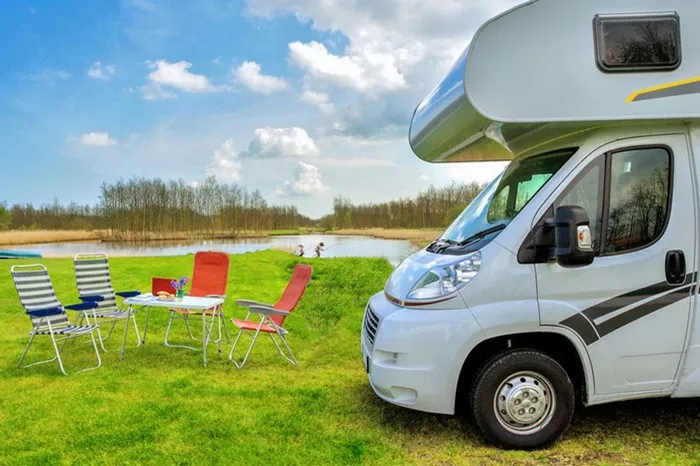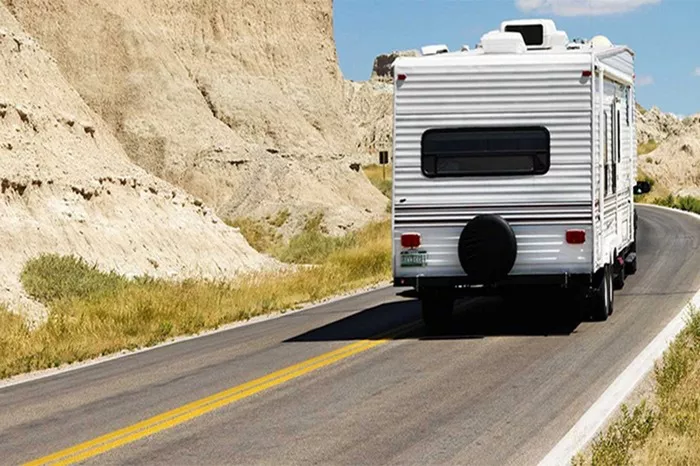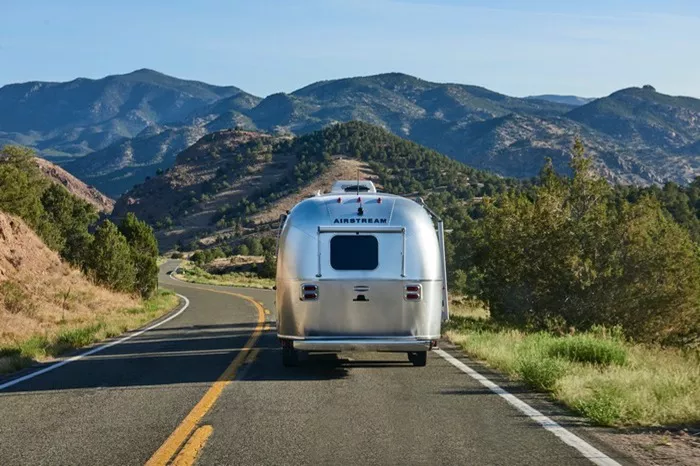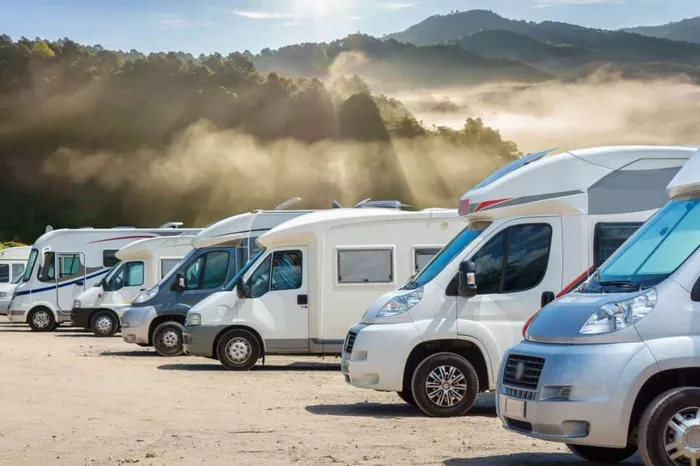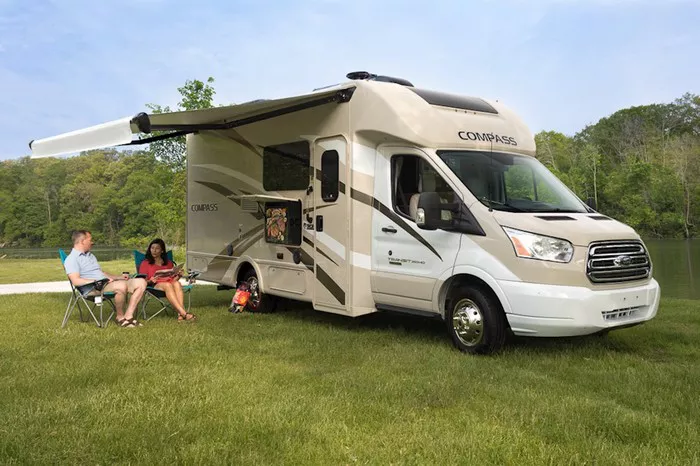Recreational vehicles (RVs) offer an unparalleled sense of freedom, allowing individuals and families to travel and explore at their own pace. However, before embarking on adventures in your RV, it’s crucial to understand the insurance requirements associated with owning and operating such a vehicle. This comprehensive guide will delve into whether RV insurance is mandatory, exploring the legal requirements, the types of coverage available, and the practical reasons for obtaining RV insurance.
Understanding RV Insurance
RV insurance is a specialized form of coverage designed to protect RV owners from various risks associated with operating and owning their recreational vehicle. This insurance can provide coverage for physical damage to the RV, liability for injuries or damage caused to others, and other essential aspects that are vital for ensuring peace of mind while traveling.
Types of RV Insurance
Before exploring whether RV insurance is mandatory, it’s essential to understand the different types of coverage available. RV insurance typically falls into several categories:
Liability Coverage
This is the most basic form of RV insurance, covering bodily injury and property damage that you may cause to others in an accident. It is similar to auto liability insurance but tailored for RVs.
Collision Coverage
This type of coverage pays for damage to your RV resulting from a collision with another vehicle or object, regardless of who is at fault.
Comprehensive Coverage
Comprehensive insurance covers non-collision-related damage, such as theft, vandalism, fire, and natural disasters.
Uninsured/Underinsured Motorist Coverage
This provides protection if you are involved in an accident with a driver who does not have sufficient insurance coverage.
Personal Injury Protection (PIP)
PIP covers medical expenses for you and your passengers, regardless of who is at fault in the accident.
Roadside Assistance
This optional coverage can be invaluable for RV owners, offering services such as towing, tire changes, and battery jumps.
Full-Timer Coverage
For those who live in their RV full-time, this coverage functions similarly to homeowners insurance, offering protection for personal belongings and liability.
See Also: What Does Good Sam RV Insurance Cover?
Legal Requirements for RV Insurance
The necessity for RV insurance varies depending on the jurisdiction and how you use the RV. Here’s an overview of the general legal requirements in different scenarios:
1. When Driving an RV
In most states in the U.S., RV insurance is legally required if you drive the RV on public roads. The exact requirements can vary by state, but most states mandate liability insurance, which covers bodily injury and property damage that you may cause to others while driving.
In some states, RVs are subject to the same insurance laws as passenger vehicles, meaning that you must have minimum liability coverage to legally operate the RV. Other states may have specific insurance requirements for RVs, which could include higher minimum liability limits or additional coverage types.
2. When Parked or Used as a Residence
If your RV is used primarily as a residence (a full-timer RV), you may be required to have insurance similar to a homeowner’s policy. This coverage typically includes personal property protection and liability coverage. States may have different regulations for full-timer RVs, so it’s essential to check the specific requirements in your area.
3. Seasonal or Occasional Use
For RVs that are used only occasionally or seasonally, insurance requirements may differ. Some states may have lower minimum insurance requirements for RVs used only during certain times of the year or for specific types of trips. However, regardless of how frequently you use your RV, it is generally recommended to maintain insurance to protect against potential risks.
Insurance Requirements by State
Insurance laws can vary significantly from one state to another. Here’s a brief overview of how different states approach RV insurance:
California
California requires RV owners to have liability insurance with minimum coverage limits similar to those required for passenger vehicles. Additional coverage options are recommended but not mandated by law.
Texas
In Texas, RVs must have liability insurance to drive on public roads. The state sets minimum coverage limits for bodily injury and property damage.
Florida
Florida requires RV owners to carry liability insurance, but the state has no specific RV insurance laws beyond the basic requirements for motor vehicles.
New York
New York mandates liability insurance for RVs, with specific minimum coverage limits. Additional coverage types are not required by law but are recommended.
Michigan
Michigan has no specific RV insurance requirements beyond the standard auto insurance laws. However, RV owners are encouraged to obtain comprehensive coverage for added protection.
Conclusion
In summary, whether RV insurance is mandatory largely depends on where you live and how you use your RV. Most states require at least liability insurance for RVs driven on public roads, but additional coverage types may be necessary or recommended based on your specific situation. Even if insurance isn’t legally required in your area, having comprehensive RV insurance is a wise investment that provides financial protection, peace of mind, and coverage for your valuable asset.
Before hitting the road in your RV, make sure you are well-informed about your insurance requirements and options. By doing so, you’ll be better prepared to enjoy your adventures with confidence and security.


